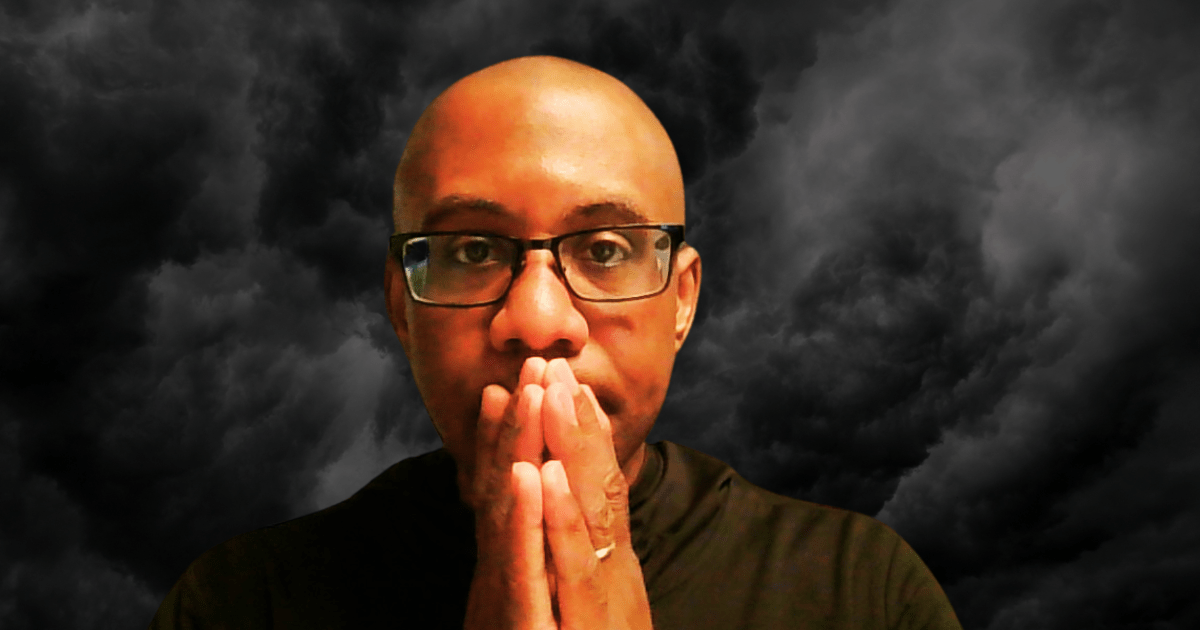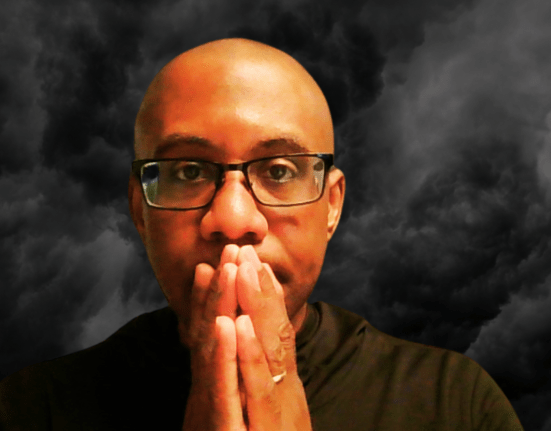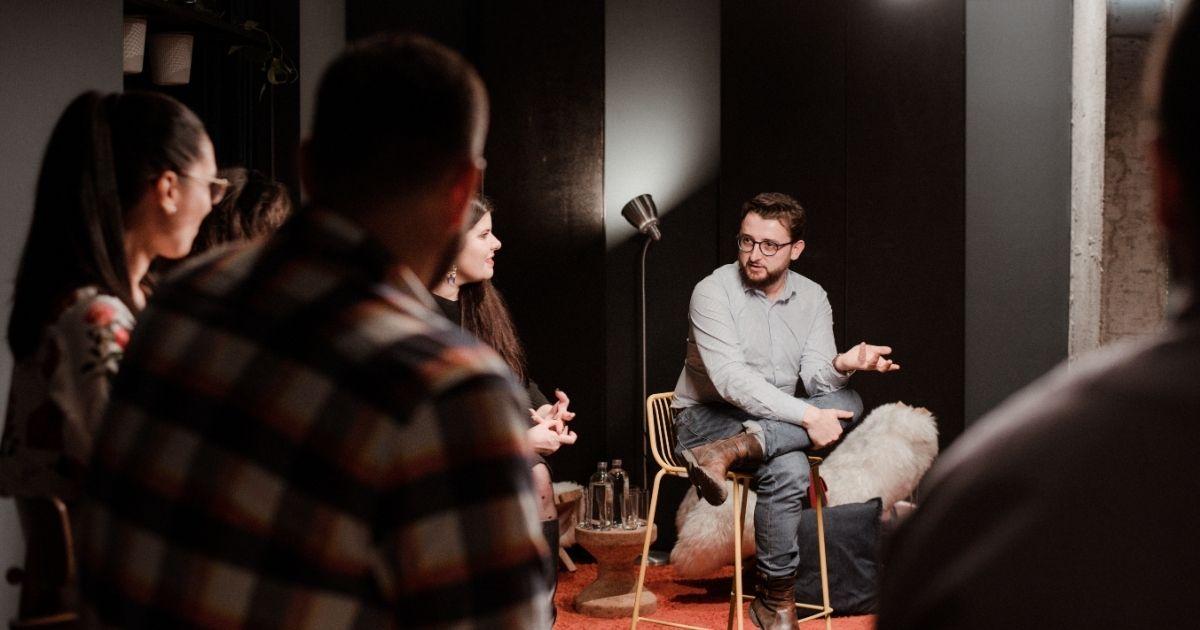We’ve all been there. You’re pushing yourself to achieve something, giving it your all, and then – boom – self-doubt creeps in. You start thinking about that one person who seems to have it all together, or you start replaying that critical comment from months ago. Suddenly, instead of moving forward, you’re stuck in a cycle of self-sabotage.
I’ll be the first to admit – I’m guilty of this too. I often beat myself up. I catch myself scrutinizing my choices, replaying moments where I think I could’ve done better, and comparing myself to others who seem to have it all figured out. It’s exhausting, and if you’re anything like me, it can feel like a never-ending loop.
Are We Too Hard on Ourselves?
It’s common among entrepreneurs and achievers. We set high standards, and when we don’t meet them, it feels like the world is crashing down. But here’s the reality: we are often way too hard on ourselves. We criticize ourselves more than anyone else ever would. Why? Because we care. We care about success, about being the best, about proving ourselves.
But what if, instead of focusing on our shortcomings, we focused on what we excel at?
Focus on Your Strengths
Yes, growth is important. Yes, it’s good to work on areas that need improvement. But think about it: if you keep beating yourself up about your weaknesses, you’ll never truly flourish. What if you put that energy into refining what you’re already great at? Your natural talents, your unique skills – those are the areas where you can make the most impact.
Think about it this way: A talented chef might not be the best accountant, and that’s okay. Why would they spend hours crunching numbers when they could be perfecting a dish? As entrepreneurs, we need to find our zones of genius and maximize them.
Stop Scrolling and Wishing
One of the worst triggers for self-sabotage is scrolling through social media. You see other people achieving what you wish you had – a bigger following, a more profitable business, a seemingly perfect life. That little voice in your head starts whispering, “You’re not good enough.”
It’s a trap. A dangerous, soul-sucking trap. Instead of focusing on what others have, ask yourself: How can I add value with what I already possess? Your talents, your experiences – those are your superpowers.
Reject Negativity – Including Your Own
Another critical lesson I’ve learned is to reject negative thoughts – not just those from others, but also the ones I create myself. When someone criticizes you, take the feedback that helps you grow, but leave the bitterness behind. Not every critique is valuable. Some people simply project their own insecurities.
And let’s be honest, sometimes we’re our own worst critics. Stop letting that inner voice knock you down. You wouldn’t let someone else speak to your friend that way, so why let yourself do it?
Eliminate the Put-Downs
Lastly, distance yourself from people who only seem to find fault in what you do. It’s one thing to offer constructive criticism, but if someone is only focused on tearing you down, it’s time to re-evaluate that relationship. Surround yourself with people who lift you up, who challenge you to grow, but who also respect your journey.
Embrace Self-Kindness
In the end, self-sabotage often stems from a lack of self-kindness. It’s okay not to have everything figured out. It’s okay to focus on your strengths while acknowledging your growth areas. Let go of the self-judgment, stop comparing yourself to others, and embrace the unique contributions you bring to the table.
Remember, you’ve got this – flaws, strengths, and everything in between.











